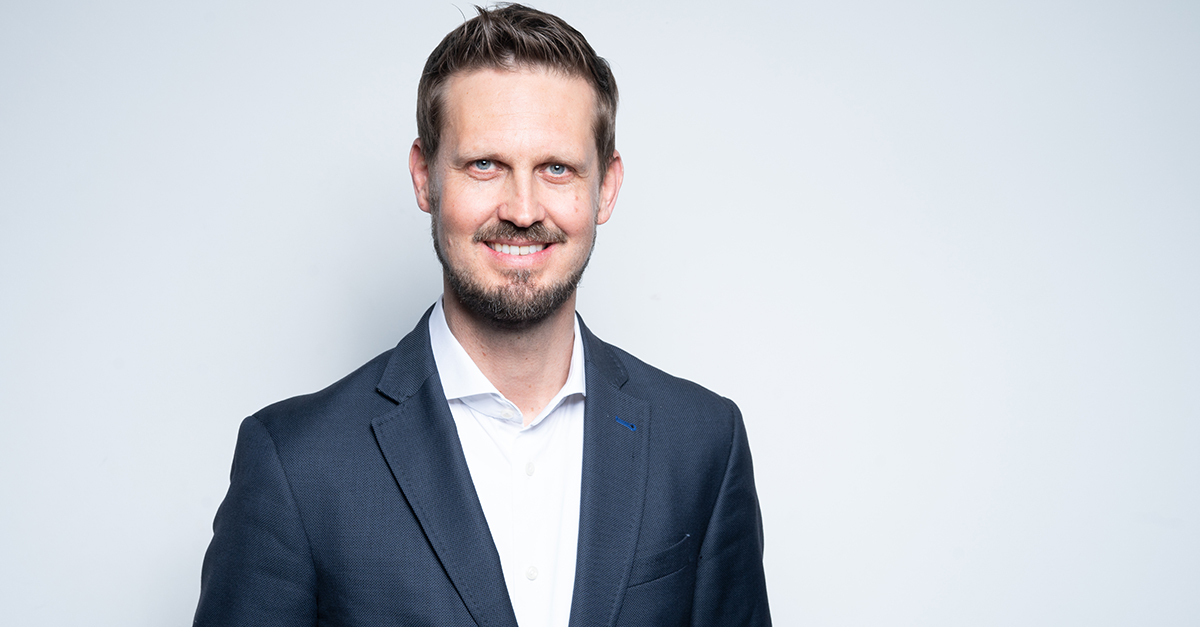In June 2022, the Seventh International Conference on Adult Education, CONFINTEA VII, will take place in Morocco. Preparations have been in full swing since last year; players involved in adult education are meeting in workshops to discuss central topics of the international meeting. At the conference, SVEB Director Bernhard Grämiger will be representing players involved in Swiss adult education. Read the interview to find out why this is important for Switzerland.
Bernhard Grämiger, you are taking part in the International Conference on Adult Education, CONFINTEA VII, in Morocco in June. What does your task involve there?
I am part of the Swiss delegation, which is being coordinated by the Swiss National Commission for UNESCO. Our task is to raise Switzerland’s concerns and, by doing so, to represent our interests. Exchanging and networking with the other conference participants is also important.
Before the official conference, I will also be taking part in the meeting of civil society organisations which, together, belong to the International Council for Adult Education (ICAE). I am currently an active member of the ICAE Board as Vice President for Europe.
What is the goal of CONFINTEA VII?
The goal of the next CONFINTEA is, on the one hand, to evaluate the situation of adult education worldwide. At the conference, the Global Report on Adult Learning and Education will be published and discussed. Another goal is to set the course for the further development of adult education for the next twelve years. With this in mind, the UNESCO Member States are adopting an action plan with goals and measures at CONFINTEA.
Which topics will be discussed at CONFINTEA VII?
The main topic of the conference is how adult education can contribute to sustainable development. For example, one area of discussion will be how adult education can contribute to climate protection. However, the core topics of adult education are also being discussed, for example the funding of adult education, quality assurance and how to promote participation in adult education.
What role does CONFINTEA VII play in achieving the UN’s Agenda for Sustainable Development?
A very important role. It is becoming increasingly clear that the goals of Agenda 2030 can only be achieved if adults continue their education and have the necessary skills. Adult education provides the basis for change in nearly all areas of life. So we speak about the ‘transformative’ power of learning.
In Nigeria the adult education landscape is different than in India and there, in turn, it is different than in Switzerland. Are there issues that affect all countries equally?
Basically, all issues affect all countries – the challenges are, in part, just on a different level. Let’s take the issue of funding. While in developing countries the aim is to ensure basic funding for adult education, in Switzerland it is primarily a matter of specifically closing funding gaps. It is also important to say that here in Switzerland we have a very well-developed adult education system but we can still learn a great deal from the experiences of other countries.
And which issues are particularly relevant for Switzerland?
In the preparatory phase taking place so far, we have pointed out the importance of quality assurance, promoting participation in adult education, cooperation and coordination between players, and securing funding. We have also highlighted the role adult education plays in climate change and in promoting democracy, health and social inclusion.
How will CONFINTEA VII affect the Swiss adult education landscape, the individual players?
The action plan adopted at CONFINTEA is also binding for Switzerland. The individual players can refer to the goals and measures and use this as a basis for continuing to develop the Swiss adult education system. I expect the action plan to provide new stimulus for our country’s adult education policy.
Interview: Marianne Müller

